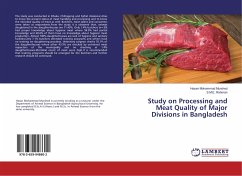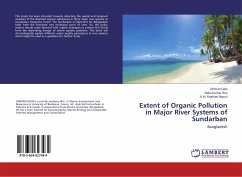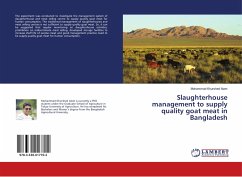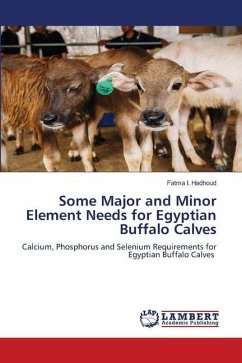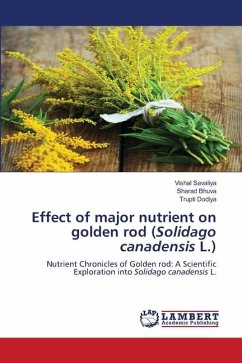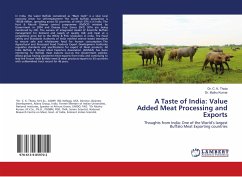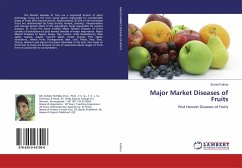The study was conducted in Dhaka, Chittagong and Sylhet divisional cities to know the present status of meat handling and processing and to know the microbial quality of meat as well. Butchers, meat sellers and consumers were taken as respondents.From the study it is obtained that, animals slaughtered in the slaughterhouses are 71.43%. Only 1.4% butchers (n=30) had proper knowledge about hygienic meat where 58.0% had partial knowledge and 40.6% of them have no knowledge about hygienic meat production. Almost 100% slaughterhouses are lack of hygiene and sanitary facilities.Only 7.1% butchers attended training programs and others have no training on slaughtering practices. Veterinary surgeon checks 55.1% of the slaughterhouses where other 43.5% are checked by untrained meat inspectors of the municipality and no checking at 1.4% slaughterhouses.Microbial count of meat were high.It is recommended that training programs should be arranged for the butchers and further research should be continued.

